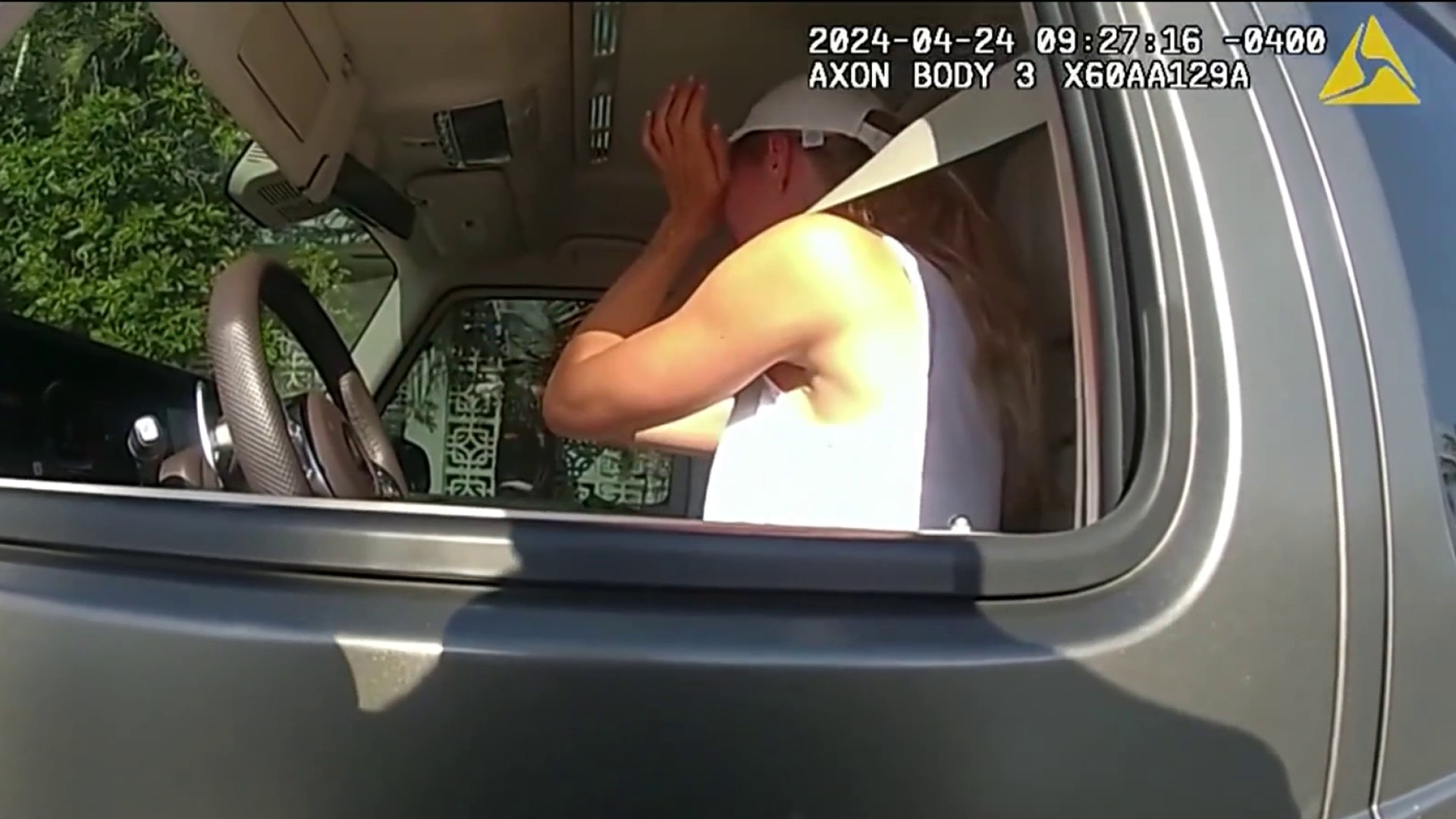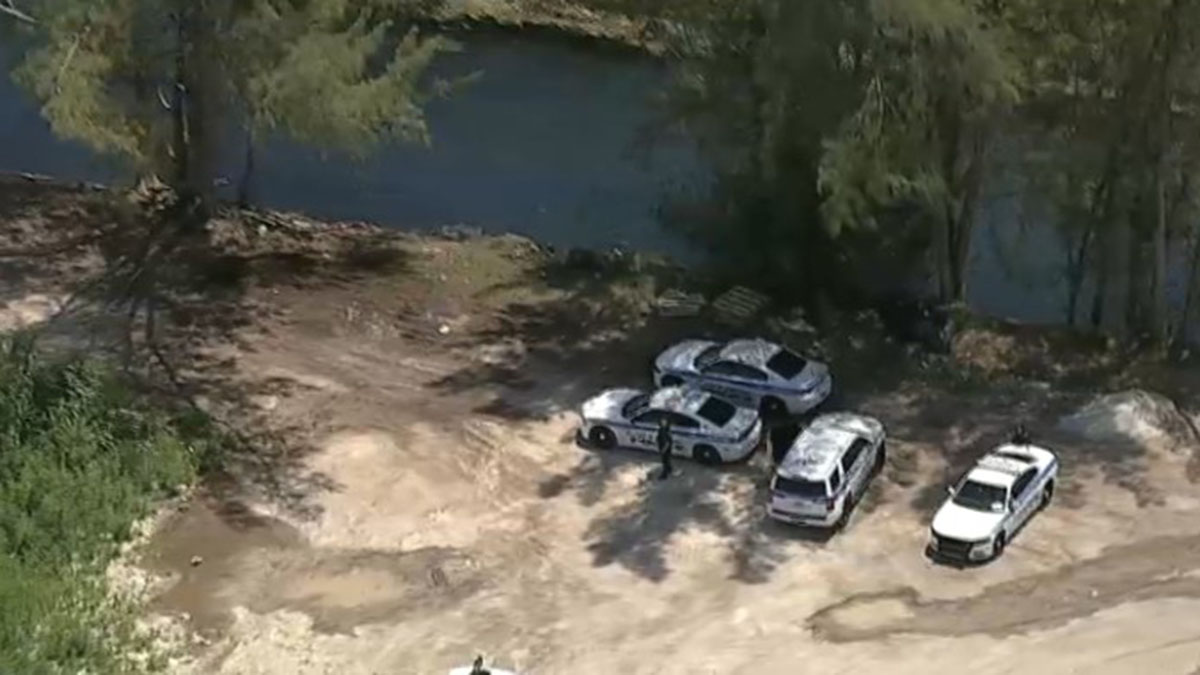Thousands of people continue to protest nationwide demanding major police reforms after the killing of George Floyd in Minnesota. Public health experts in South Florida watch on, a bit worried that the year’s first news-grabbing crisis - the coronavirus - could easily spread through crowds now in the streets.
"COVID-19 is a difficult to control disease in large part because a large percentage of people don’t have symptoms or they have very mild symptoms. That means that people can spread the virus to other people without even knowing about it,” said Dr. Mary Jo Trebka, from Florida International University.
Large crowds of people who don’t know each other is one of the most difficult obstacles to overcome for contact tracers, or epidemiologists and virus investigators, who have to track down and contain the spread of the deadly virus.
Protesters either don’t mind the risks or conscientiously place demonstrating for racial justice over their concerns about the pandemic.
Florida is slowly reopening businesses and lifting travel restrictions. Much of the state will enter a much looser "Phase 2" this week but southeast Florida is still in "Phase 1," though the beaches will reopen on Wednesday.
Trebka and FIU Dr. Aileen Marty worry those two factors – casual reopening and increased protesting crowds – could spur on a second wave of the virus larger than expected.
"That’s part of it because we want things to get back to normal. We all want things to get back to normal. But we’re not conscious of the reality that the virus is still very much with us,” said Dr. Marty.
Local
Protestors took to the streets every day for more than a week in South Florida: condemning the killing of Floyd by police officers in Minneapolis and calling for a complete overhaul of South Florida police departments.
Thousands of people have attended the protests. Doctors Marty and Trebka point to two main factors for the virus spreading quickly through protestors. The first is the amount of shouting and chanting people do while protesting, which can shoot body fluid and droplets filled with the virus further than the usual six feet health experts recommend people separate themselves by. The second worry is the use of pepper spray and tear gas by police, which painfully opens up pores and sinuses allowing the virus an easier way in and out of the body for protestors to spread the virus to police and other protestors.
This all makes the jobs of contact tracers more difficult. Contact tracers are trained virus investigators who interview people diagnosed with the virus. They then repeat the process and quarantine people who have come into contact with a positive case. Large protests where people do not know each other before coming together can make it harder for tracers to find people infected with the virus.
"There will be many people that they were near that they don’t know. They don’t have their phone numbers. They don’t have their contact information. They might not even recognize them if you showed them a photo of them because they might have been wearing a mask,” said Dr. Marty.
Public health experts recommend protesters getting a coronavirus test after being in large crowds and then do not attend events if they test positive.
Right now, the State of Florida reports they have more than 1,000 contact tracers. There are around 200 dedicated to Miami-Dade County.
Miami Congresswoman Debbie Mucarsel-Powell joined the two doctors Monday at a press conference. Rep. Mucarsel-Powell sent a letter to Gov. Ron DeSantis on Monday asking for more details on the state’s plan to ramp up testing and contact tracing.
“I fear it will not only result in a second spike in cases but will also cause further economic harm to our communities,” wrote Rep. Mucarsel-Powell.
The State of Florida and DeSantis has said in the past the state can ramp up to several times the number they have if needed.



